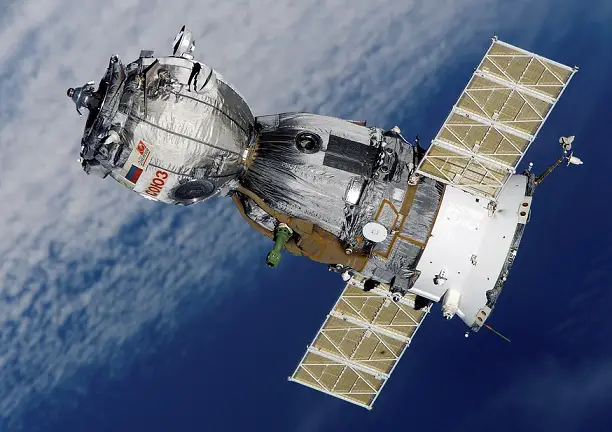California-based satellite-launch company Virgin Orbit Holdings, a subsidiary of Richard Branson’s Virgin Group, announced on Tuesday that it had filed in the US for Chapter 11 bankruptcy protection.
CEO Dan Hart said that following its filing in the US Bankruptcy Court in the District of Delaware, the company would now begin looking for a buyer for its assets.
In a statement published on the company’s website, Hart said, “While we have taken great efforts to address our financial position and secure additional financing, we ultimately must do what is best for the business.”
He went on, “We believe that the cutting-edge launch technology that this team has created will have wide appeal to buyers as we continue in the process to sell the company. At this stage, we believe that the Chapter 11 process represents the best path forward to identify and finalize an efficient and value-maximizing sale.”
Founded in 2017, Virgin Orbit pioneered a system which used a modified Boeing 747 jet to lift a rocket to a 30,000-40,000 foot altitude before launching it from under the plane’s wing. Of six missions it launched since 2020, four were successful.
In January the company’s last mission ended in failure after a loose heat-pump caused a rocket engine to overheat, triggering a cascade of failures which culminated in the rocket crashing into the ocean. After incurring enormous losses, the company has been struggling to secure additional funding. In mid-March, in an effort to conserve funds, the company laid off over 85% of its staff and halted all operations.
The company had been encountering financial problems even before its most recent failed satellite launch however, according to its most recent US regulatory filing on Monday. The filing noted that since December 31, 2022, the company had not, “generated positive cash flows from our operations or generated sufficient revenues to provide sufficient cash flows to enable us to finance our operations.”
The company’s market value had plummeted, from more than $3 billion in 2021, down to roughly $65 million as of Monday.

